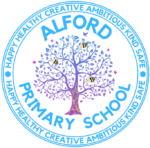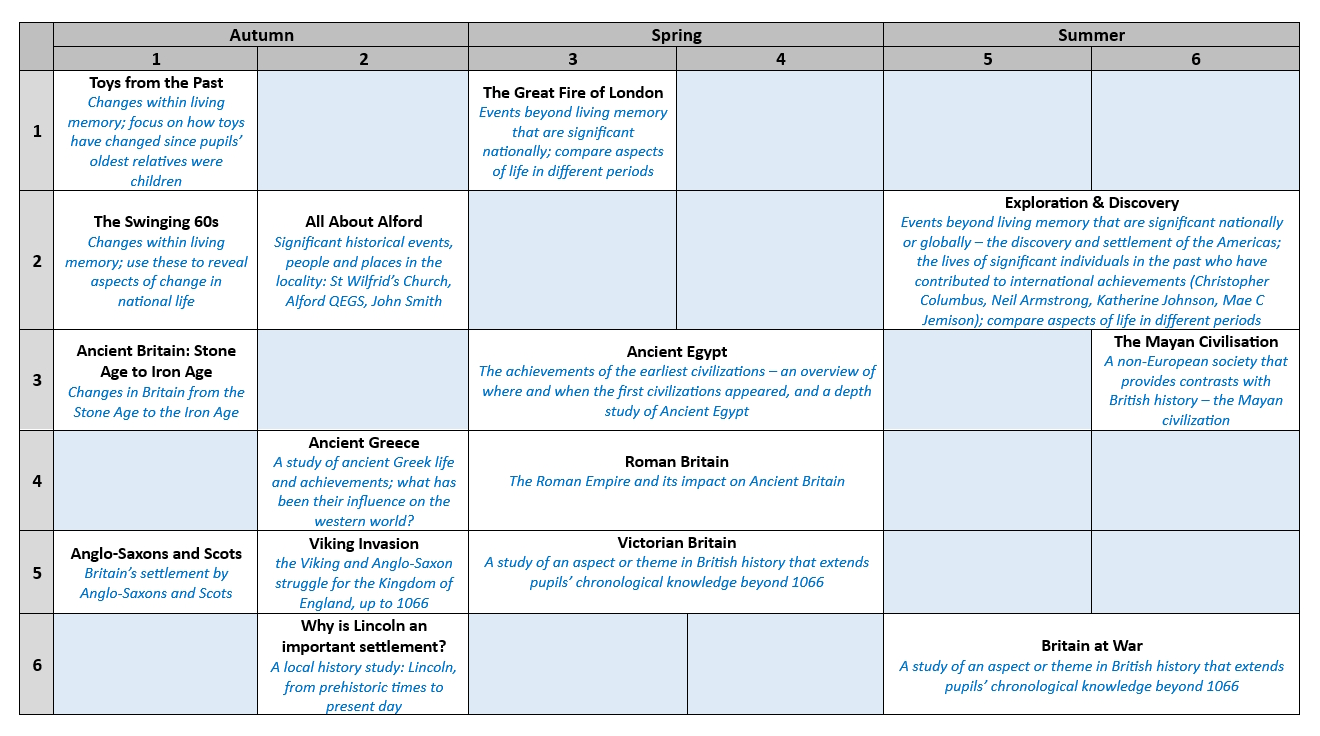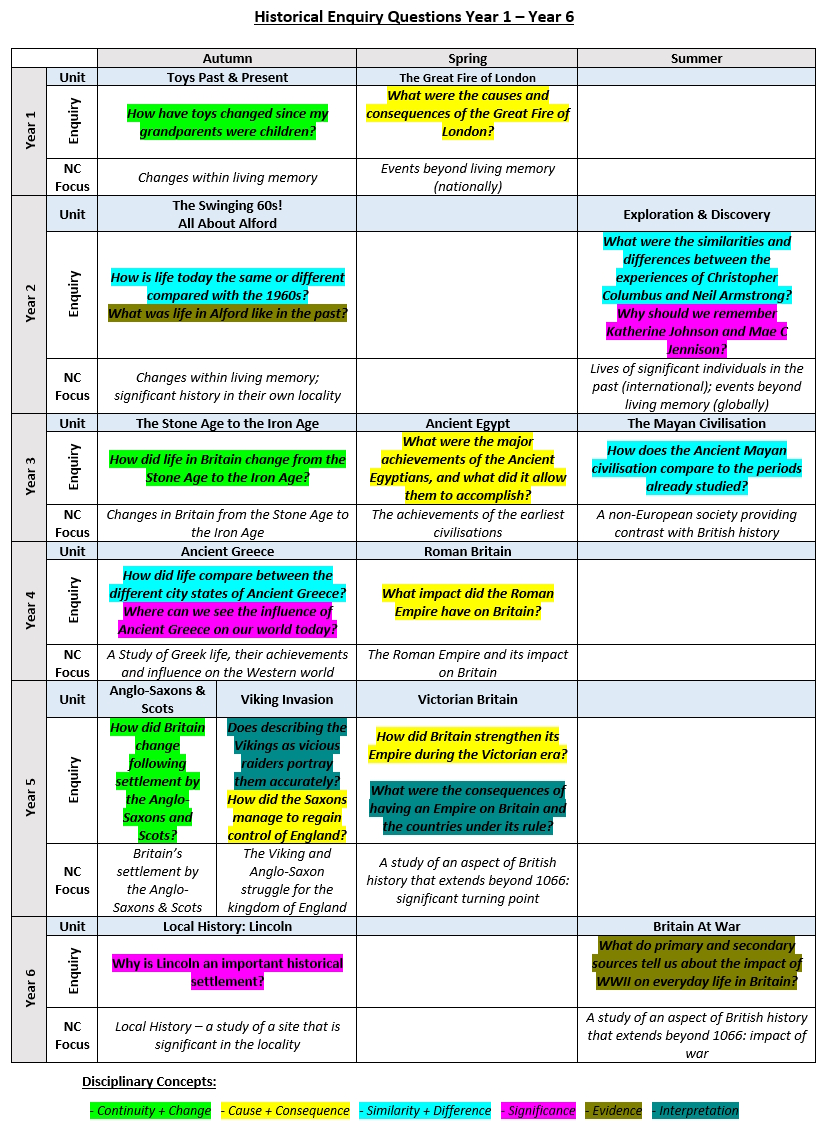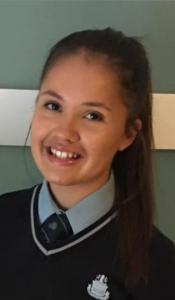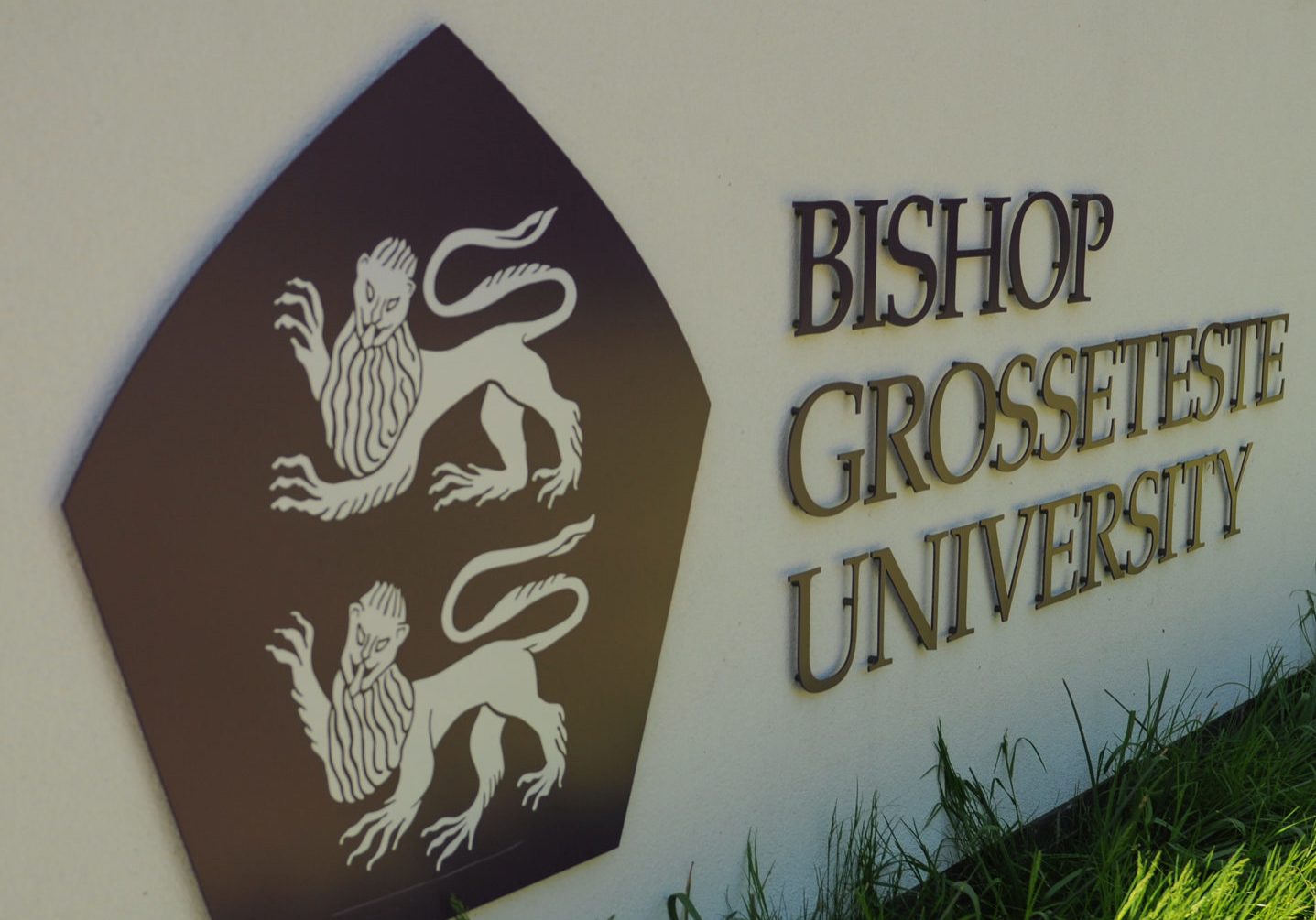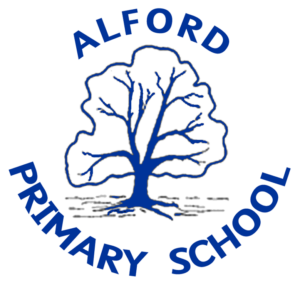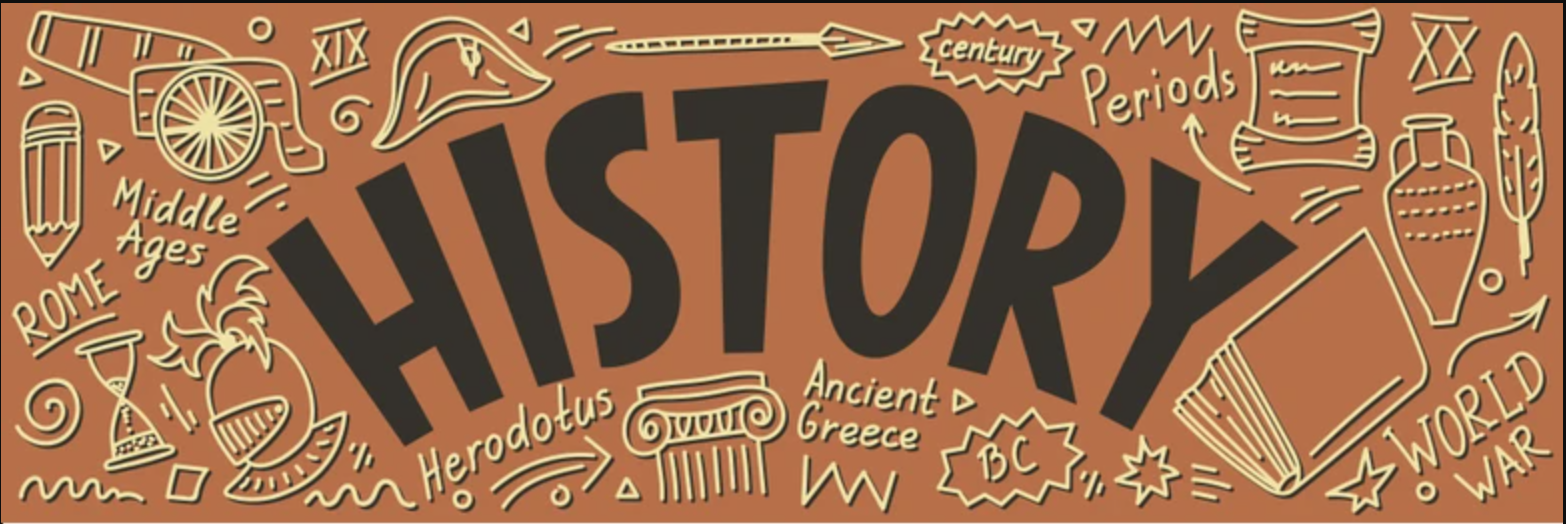
What the National Curriculum requires in History at KS1:
Pupils should develop an awareness of the past, using common words and phrases relating to the passing of time. They should know where the people and events they study fit within a chronological framework and identify similarities and differences between ways of life in different periods. They should use a wide vocabulary of everyday historical terms. They should ask and answer questions, choosing and using parts of stories and other sources to show that they know and understand key features of events. They should understand some of the ways in which we find out about the past and identify different ways in which it is represented.
What the National Curriculum requires in History at KS2:
Pupils should continue to develop a chronologically secure knowledge and understanding of British, local and world history, establishing clear narratives within and across the periods they study. They should note connections, contrasts and trends over time and develop the appropriate use of historical terms. They should regularly address and sometimes devise historically valid questions about change, cause, similarity and difference, and significance. They should construct informed responses that involve thoughtful selection and organisation of relevant historical information. They should understand how our knowledge of the past is constructed from a range of sources.
EYFS: The EYFS framework is structured very differently to the National Curriculum as it is organised across seven areas of learning rather than specific subject areas. Our EYFS Curriculum has been designed to meet the requirements of the educational programmes in the EYFS Statutory Framework (2021). This is outlined in our unique Curriculum Overview (see Long Term Plan). The Development Matters (2020) guidance offers a top-view of how children develop and learn. The table below sets out the History developmental pathways in broad ages and stages - Three and Four Year Olds (EYFS 1), Reception (EYFS 2) and Early Learning Goals. These pathways have been selected as a ‘best-fit’ match to the programme of study for History, and are key building blocks for children as they transfer their learning to the National Curriculum. The most relevant pathways for History are taken from ‘Understanding the World’.
Intent
At Alford, we provide a high-quality History curriculum that has been carefully designed and sequenced to equip our children with a secure, coherent knowledge of local, British and World history. It promotes curiosity and a love of learning about the past. In line with our ‘KEC’ Curriculum, our History is rich in knowledge and experiences (both in and out of school), with clear connections to other periods in history, as well as other subjects in the wider curriculum. Our History curriculum endeavours to ensure children are knowledgeable about their locality’s history, and the changes it has seen.
Through an enquiry-based approach, children are encouraged to ask and explore historically valid questions: as they move through school, pupils develop their understanding of key historical concepts, such as continuity and change, cause and consequence, and similarities and differences. Therefore, alongside the development of substantive knowledge, children will develop their disciplinary skills as they learn the fundamental elements of what it is to be an historian. We have identified a set of substantive concepts (big ideas, abstract themes) that children will repeatedly re-visit throughout their time at school. Invasion, Settlement, Monarchy, Civilisation, Empire and Technology are themes that thread through our curriculum. Each unit will not include every thread, but over their time in school, children will re-visit each theme more than once, and several during a year. Children will study a range of cultures and historical perspectives, enabling them to be respectful, tolerant and empathetic.
Due to our geographical location, we strive to highlight the role played by non-white male figures in history and their achievements. Children will leave Alford Primary knowledgeable about key historical periods, events and people.
Whole School Overview of History Units
More details about what children will learn during each unit of work can be found by clicking on the links below.
